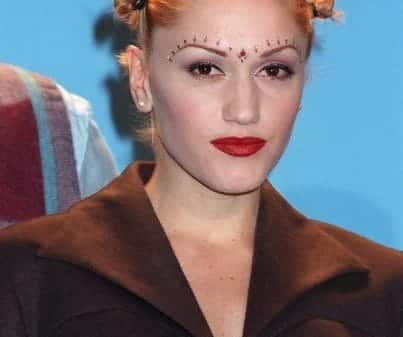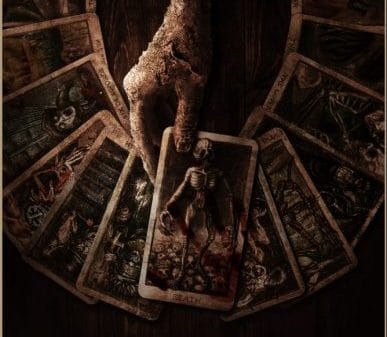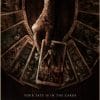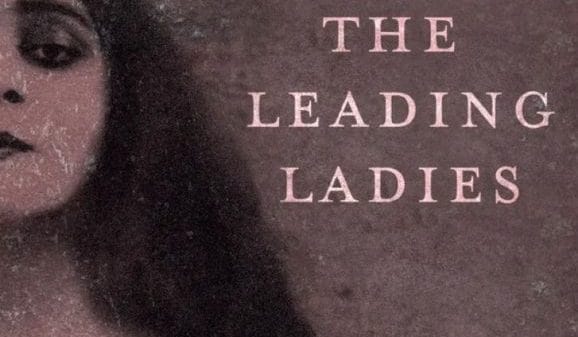The release of Moon Knight on Disney + has marked the first new character in the Marvel Universe to get their own TV series. However, that’s not the only reason the new series is breaking new ground. Moon Knight introduces Marc Spector, a superhero with a rare real-life mental disorder: Dissociative Identity Disorder (DID). Imbued with the power of the vengeful moon god Khonshu, Marc Spector (a.k.a. Moon Knight) fights crime in a uniquely brutal fashion but also grapples with his worsening psychological condition.
The series follows Marc (played by Oscar Issac) and his multiple personalities, including that of a powerful Egyptian deity, Khonshu. Marc’s powers manifest through his mental disorder, granting him new forms and appearances. Whilst the series has all the marks of a great Marvel series, the representation of a character with such a serious mental health condition needs to be handled carefully in order to not sensationalize or generalize those with DID.
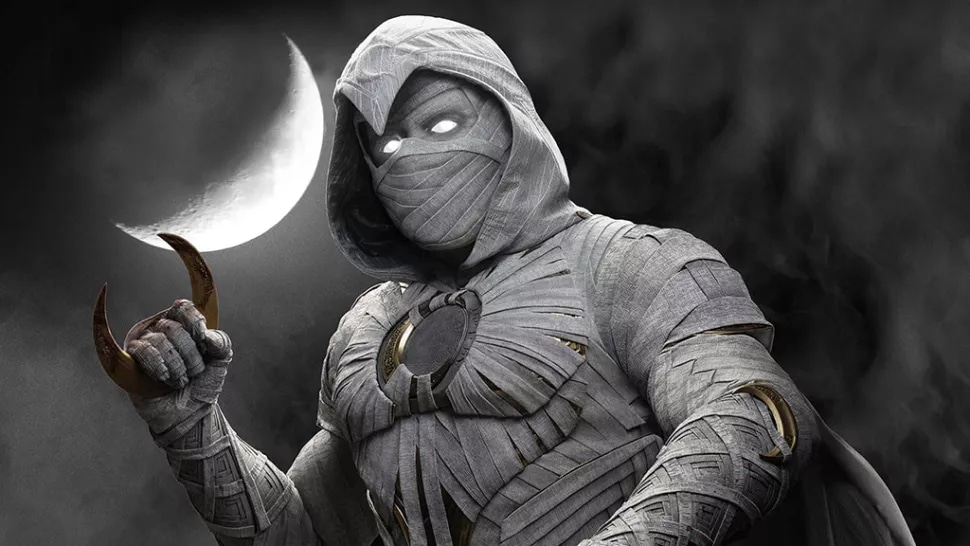
So, what exactly is Dissociative Identity Disorder?
Marc Spector’s traumatic childhood experiences, which unfold during the series, are the catalyst that causes his DID to develop. Although having alter-egos might just seem like a fictional quirk to make the superhero plotline work, there is a lot of truth behind this depiction of DID.
Previously called Multiple Personality Disorder (MPD), DID is one of the most complex psychological conditions. It is also one of the rarest, affecting only 1.5% of the global population. The condition is caused by severe trauma in early childhood and results in a ‘split’ of two or more identities, which a person will constantly alter between. These separate identities are often termed ‘alters’ by sufferers and health professionals who work with those with DID.
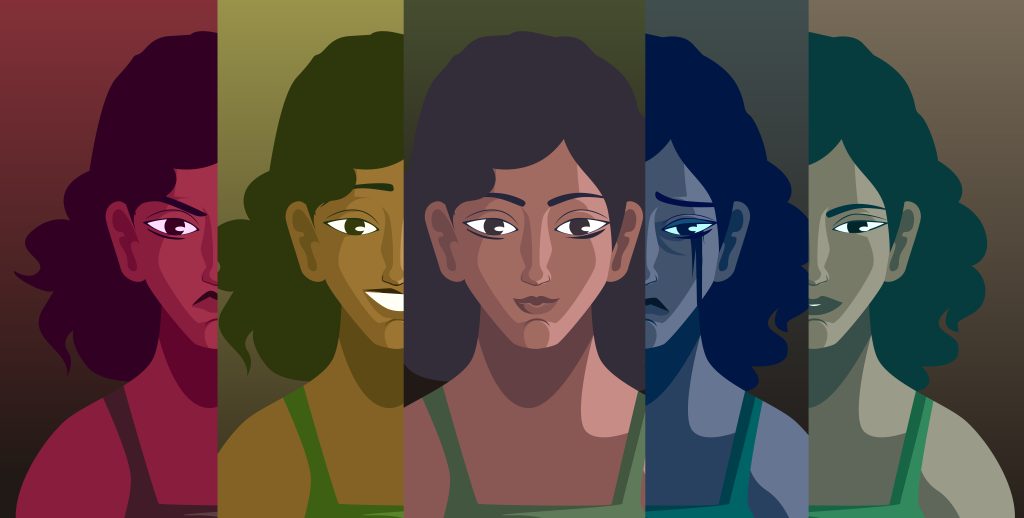
Aside from a ‘core’ identity, people with DID can have several ‘alters’. These alternative identities can be quite different from each other in terms of ethnicity, gender, and even preferences, which affect behavior, functioning, and thinking processes. When an alter reveals itself and controls the individual’s behavior and thinking, this is known as ‘switching’. When an alter takes over, a person may find themselves doing things they would never normally do, such as being reckless or hurting themselves and others. Some sufferers describe this feeling as being like a passenger in their body, as the alter is the ‘driver’ who is controlling what they do.
Additionally, DID is often accompanied by gaps in memories of key personal details and past events. Identity confusion is the main symptom of DID, where a person will have trouble defining themselves, their interests, their religion, sexuality, gender, and so on.
Producer Grant Curtis was keen to depict DID authentically
Given that Moon Knight was developed in the 1980s, when little was known about Dissociative Identity Disorder, executive producer Grant Curtis updated how the character acts out this serious condition. He wanted to make sure that Marc’s DID was depicted authentically and with respect to those who live with the condition. In an interview with GameSpot, Grant said:
“From day one, we took the mental illness aspect of this story very seriously and we wanted to approach it very reverential and very respectful”
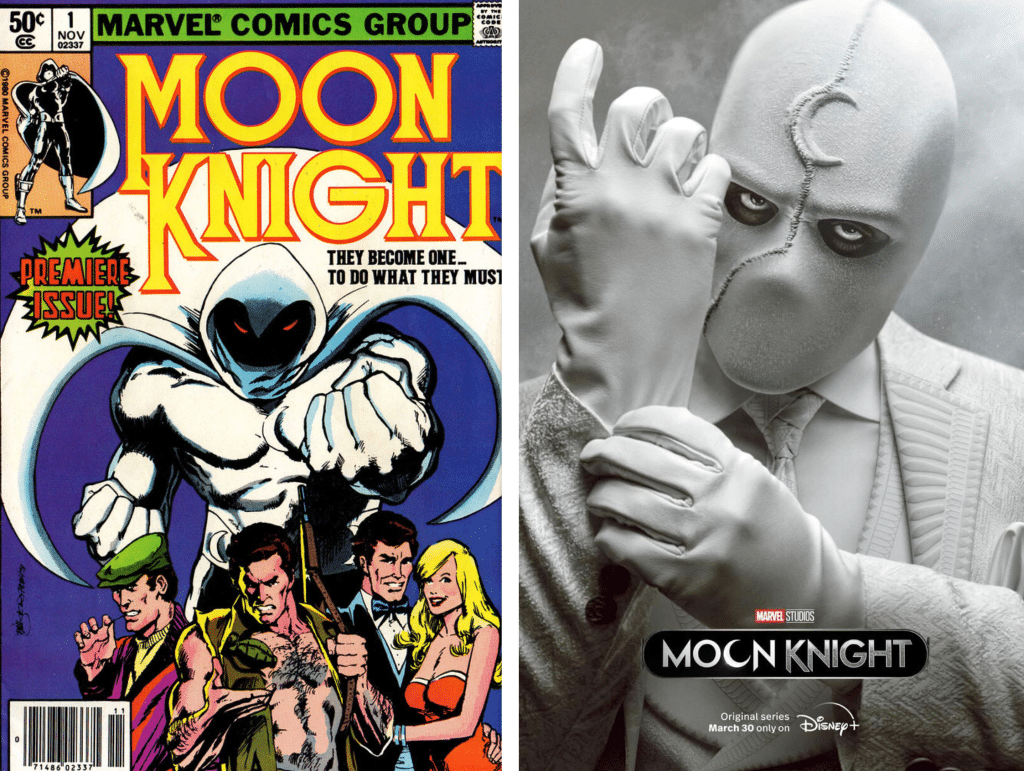
The film crew consulted with mental health professionals in order to create an accurate depiction of DID. Actor Oscar Issac especially took the portrayal of the condition very seriously. Ahead of the series premiere, Oscar commented that he wanted to be:
” honest to what Dissociative Identity Disorder is, and honest to what a lot of people have to deal with, which is really intense childhood trauma and how that manifests as an adult.”

Credit: Kathy Hutchins / Shutterstock
As many people recognize, positive and accurate representation of mental health conditions plays a huge role in helping those living with those conditions to feel less alone. Media representations of conditions like DID, which are deeply stigmatized, are so important in educating people on what living with these conditions is actually like and dispelling any misconceptions about what sufferers of DID are like. Hopefully, Moon Knight can bring greater awareness to DID and help those who suffer from it feel represented.







